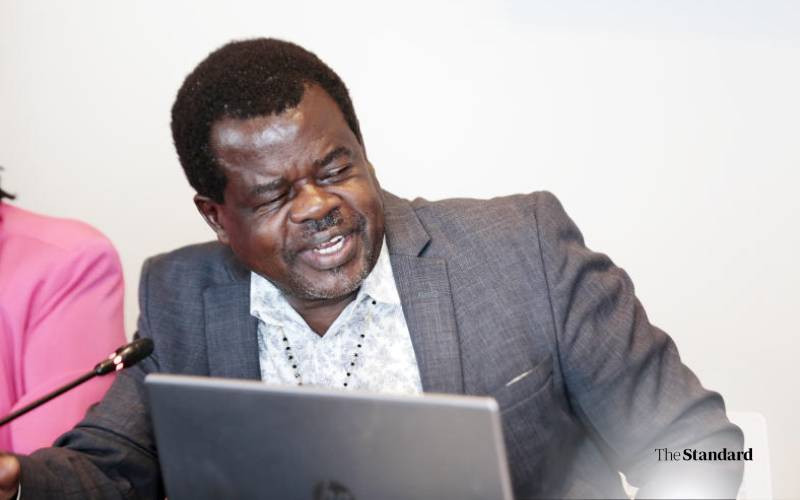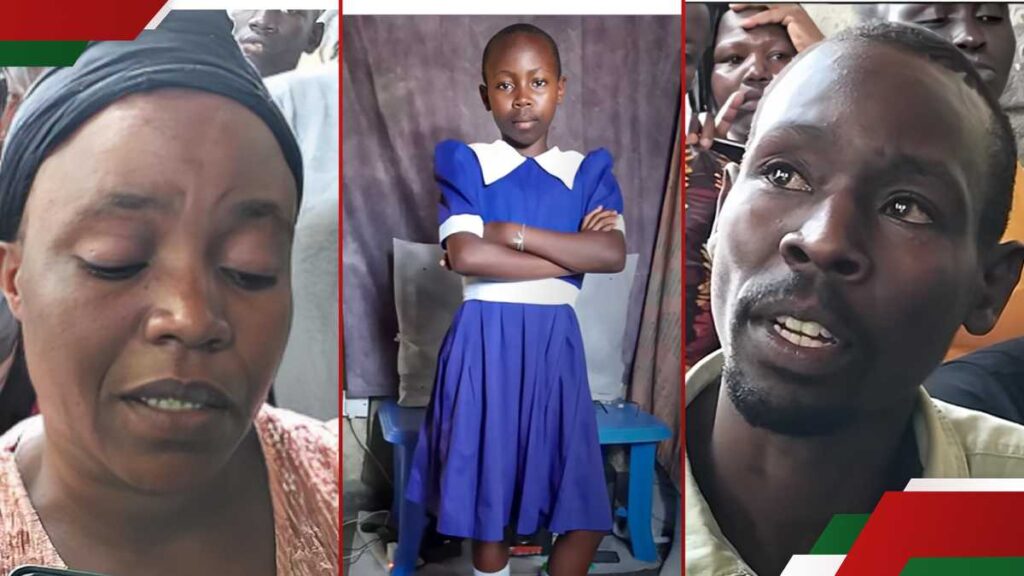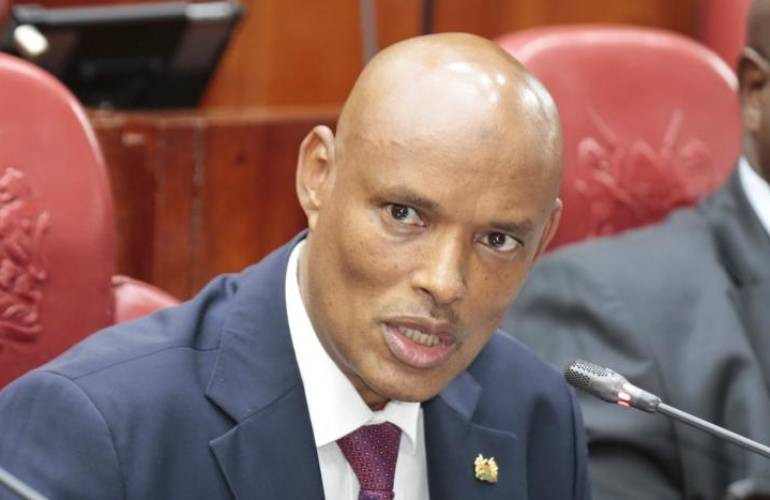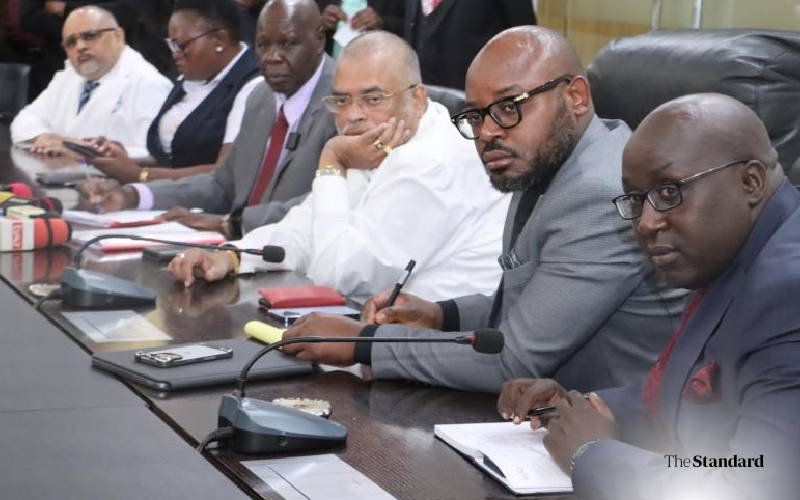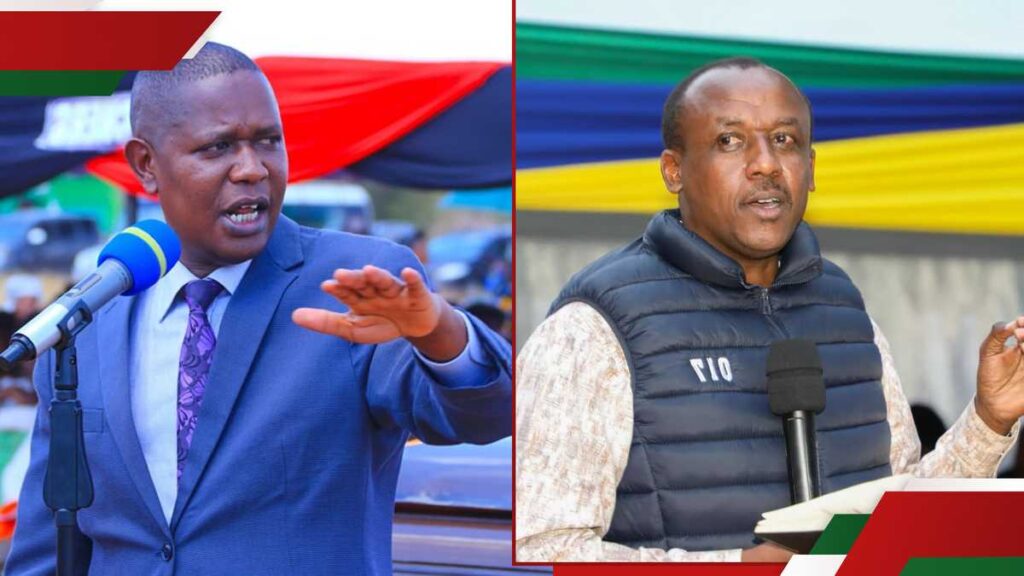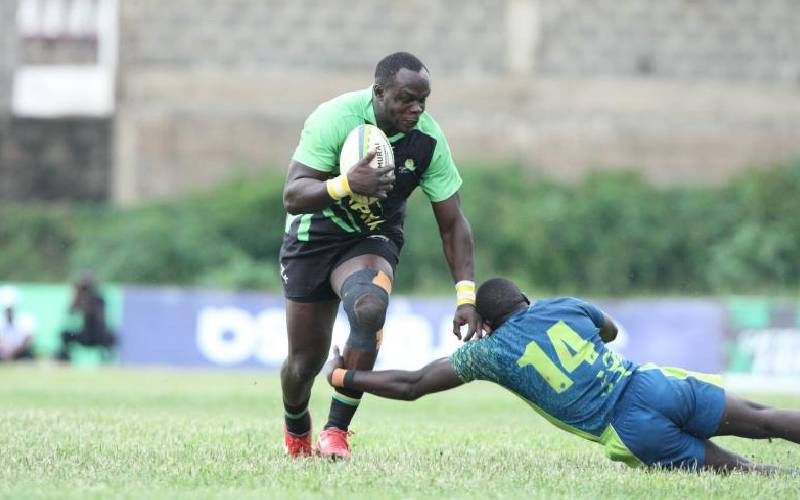The High Court has referred a case seeking to stop President William Ruto from repaying loans not expressly authorised within the national budget to the Chief Justice, Martha Koome, to appoint a Bench.
Justice Bahati Mwamuye said the petition filed by Busia Senator Okiya Omtatah and eight others raised weighty constitutional and legal issues.
The petition seeks to address claims of illegal borrowing and financial mismanagement by the Executive, with the petitioners demanding urgent court orders to stop the government from taking or repaying new debts unless they are approved by Parliament and comply with the Constitution and the Public Finance Management Act.
The move comes after the Central Bank of Kenya (CBK), listed as the 19th respondent, urged the court to refer the matter to the Chief Justice due to the gravity and novelty of the issues raised.
CBK supported the petitioners’ request, filing 11 grounds in favour of forming a Bench.
“The petition raises contested substantial issues of undoubted public importance. We seek that you refer the matter to Chief Justice Koome to appoint an uneven number of judges,” the CBK submitted.
According to the petitioners, who include Dr Magare Gikenyi, Eliud Matindi, and six others, the country’s public debt has ballooned to Sh13.1 trillion, much of which they claim was acquired unconstitutionally.
They are seeking accountability for what they term as “rampant and unconstitutional borrowing” by both President Ruto and his predecessor, Uhuru Kenyatta.
The petition alleges that between July 1, 2024, and March 28, 2025, the Executive borrowed Sh1.045 trillion, despite only Sh170 billion being allocated for development in the national budget.
This reflects an alleged illegal borrowing of Sh875 billion during that period, equivalent to Sh97 billion per month, Sh3.24 billion per day, and Sh135 million per hour.
The petitioners further claim that President Ruto recently incurred Sh143 billion in loans from China without parliamentary approval or inclusion in the Appropriation Act, 2024—funds they say are not linked to any specific development projects.
Omtatah and his co-petitioners accuse the Executive of consistently undermining Parliament’s role in public finance by borrowing billions without oversight, leading to misuse of funds for politically driven rather than developmental objectives.
Among the constitutional violations cited are breaches of Articles 206, 211, and 228, which govern the prudent use of public resources, Parliament’s approval of borrowing, and the oversight roles of the Treasury and Controller of Budget.
The petition also claims that as of November 30, 2024, Kenya’s public debt stood at Sh13.1 trillion. Citing CBK’s Weekly Bulletin dated December 27, 2024, the petition notes Sh10.79 trillion in public debt, Sh5.6 trillion domestic and Sh5.188 trillion external, yet only Sh6.95 trillion is traceable in National Treasury records.
Stay informed. Subscribe to our newsletter
This suggests, according to the petition, a Sh6.16 trillion discrepancy possibly involving unrecorded or unauthorised debt.
Even more alarming, the petition alleges that between 2014 and 2024, Kenya borrowed Sh5.25 trillion but repaid Sh8.92 trillion, an excess of Sh3.66 trillion
After factoring in Sh1.33 trillion in interest, petitioners argue that the country has overpaid by Sh2.32 trillion, further raising concerns of fiscal mismanagement.
The petitioners also take aim at ‘on-lent loans’, describing them as unconstitutional and accusing the International Monetary Fund (IMF) of violating Kenyan law by extending such facilities.
Among the reliefs sought, the petition calls for President Ruto and former President Kenyatta to personally repay over Sh4.6 trillion in what they term “corruptly acquired” debt incurred between FY 2014/2015 and 2021/2022.
They also seek to hold former Treasury CS Prof. Njuguna Ndung’u, Controller of Budget Margaret Nyakang’o, and Auditor General Nancy Gathungu jointly liable for Sh2.2 trillion in allegedly unlawful borrowing.
Omtatah argues that successive administrations have prioritised politically motivated spending at the expense of development, ignoring constitutional safeguards meant to protect citizens from reckless borrowing.
The petition underscores that the public was neither consulted nor adequately informed about the debts, violating key principles of transparency, public participation, and democratic governance.








